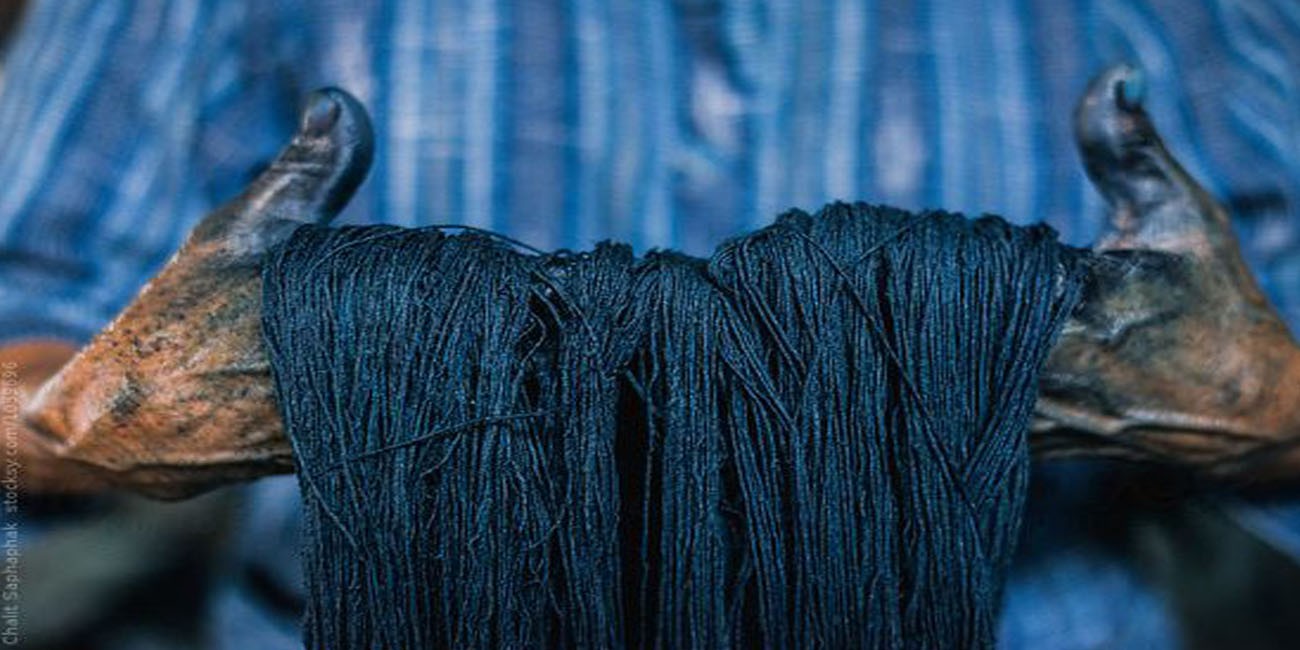
Unveiling Natures’ hues: The significance of natural dyeing.
natural dyeing represents a holistic approach to textile production that prioritizes environmental stewardship, cultural preservation, and personal well-being
Continue ReadingYour Cart is empty

Fast fashion has revolutionized the clothing industry, offering consumers trendy and affordable clothing at a rapid pace. However, behind the allure of cheap and trendy garments lies a significant environmental cost. This article explores how fast fashion impacts the environment and why it's crucial to address these issues.
Overconsumption and Waste: -
Fast fashion encourages overconsumption, with retailers constantly churning out new collections to keep up with ever-changing trends. As a result, consumers buy more clothes than they need, leading to massive amounts of textile waste. In landfills, synthetic fibres from these garments can take hundreds of years to decompose, releasing harmful chemicals into the soil and water.
Pollution:
The production of fast fashion garments involves a range of pollutants, from toxic dyes to chemical finishes used to achieve certain textures or properties.Factories in countries where environmental regulations are lax often discharge untreated wastewater containing these chemicals directly into rivers and oceans, endangering aquatic ecosystems and communities that rely on these water sources.
Resource Depletion:
Fast fashion relies heavily on the extraction of natural resources, including water and fossil fuels.The production of synthetic fabrics like polyester, nylon, and acrylic requires large amounts of crude oil, contributing to greenhouse gas emissions and exacerbating climate change.Cotton cultivation for fast fashion garments also puts pressure on water resources, leading to water scarcity in regions where it's grown.
Labor Exploitation To keep costs low, fast fashion brands often outsource production to countries with cheap labour, where workers are subjected to low wages, long hours, and unsafe working conditions. This exploitation of labour not only harms workers' rights but also perpetuates cycles of poverty and inequality in these communities.
The environmental impact of fast fashion is undeniable, with devastating consequences for ecosystems, communities, and future generations. To mitigate these effects, consumers can opt for sustainable and ethically produced clothing, support initiatives that promote transparency and accountability in the fashion industry, and advocate for stricter regulations to ensure fair labour practices and environmental stewardship. By making conscious choices and demanding change, we can work towards a more sustainable and equitable fashion industry.

natural dyeing represents a holistic approach to textile production that prioritizes environmental stewardship, cultural preservation, and personal well-being
Continue Reading
Organic fiber clothing offers numerous benefits for both consumers and the environment, Lets have a look at it.
Continue Reading
The Art of Organic Fiber Weaving in India artistic finesse.
Continue Reading
Fast fashion has revolutionized the clothing industry, offering consumers trendy and affordable clothing at a rapid pace.
Continue Reading
Choosing sustainable clothing is more than just a fashion statement; it's a commitment to protecting our planet and ensuring a healthier future.
Continue Reading
Warning: You cannot undo this action
Note: Don't Click to any button or don't do any action during account Deletion, it may takes some times.
Deleting Account Means:

If you create any classified ptoducts, after deleting your account, those products will no longer in our system

After deleting your account, wallet balance will no longer in our system